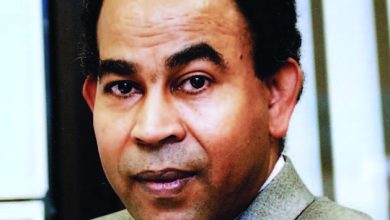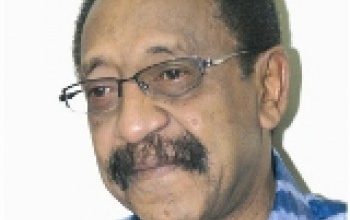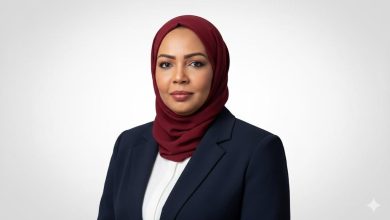Opinion
The Reconstruction of Sudan (Meanings Before Structures)

By: Abu Bakr Al-Sharif Al-Tijani
In the Name of Allah, the Most Gracious, the Most Merciful
We begin in His name and follow the example of our Prophet Muhammad, peace and blessings be upon him.
To proceed:
In my previous article, I discussed the importance of compulsory, quality public education. It serves as the backbone on which the nerves, flesh, fat, and veins that carry the lifeblood of society are built. It is akin to a healthy skeletal system for the body or a solid and robust foundation for lofty structures. This foundational education is often referred to as “basic education,” a term that signifies the essence and origin of things.
By “structures,” I meant the state’s physical infrastructure, including facilities and material projects. By “meanings,” I referred to the development of the human resources of a rising nation. This cannot be achieved without quality education. “Quality” here implies something beneficial, precise, and well-executed, whose positive impact is evident in people’s lives. This stands in contrast to the subpar education currently prevalent in Sudan, whose adverse effects we now endure.
When I speak of “people’s lives,” I refer to their social, academic, cultural, artistic, and athletic existence. Leading and progressive nations are those that prioritize education, allocating studies, plans, and funding for it. In contrast, underdeveloped nations and corrupt governments view education as an unproductive sector in the short term, neglecting it in their policies. At times, they even undermine it through interference, altering curricula to suit their political agendas, plunging the educational process into a dark tunnel.
Reforming Sudan’s Education Post-War
For Sudan to rebuild after the war, it must prioritize the reconstruction and rehabilitation of public education. Gradually phasing out private education is essential. The state should revisit and refine the educational plans established in the 1960s, rehabilitate teacher training institutes, and reduce the proliferation of colleges of education, which have become ineffective and disconnected from curricula. Graduates of such institutions are neither well-prepared nor adequately trained to fulfill their educational and pedagogical roles effectively.
Sudan must revive its historic national public schools, such as Hantoub, Wadi Saydna, and Khor Taqat, as well as exemplary national schools like Khor Omer and Sinnar Secondary School. These institutions, now turned into ineffective universities, were once illustrious centers of education producing generations of scholars, politicians, writers, artists, and innovators. The transformation of these schools into universities erased their legacy and role.
To move forward, Sudan must reclaim this rich heritage of public education, enriching it with contemporary developments and innovations. Knowledge is ever-evolving, and progress lies in embracing change for the better, incorporating technological advancements and the explosion of knowledge.
Sudan must also reevaluate its higher education policies, streamline universities, and decentralize the capital, Khartoum, by relocating some of its bloated educational institutions.
A Call for Reform
This article is a mere attempt—a starting point open to modification and refinement. Its significance lies in its effort to diagnose Sudan’s educational challenges, which require correction and adjustment. Sound opinions complement each other, creating a clearer picture.
We remain hopeful and confident that Sudan’s education system will return strong and thriving.
May Allah guide us, and peace be upon those who follow the guidance.



